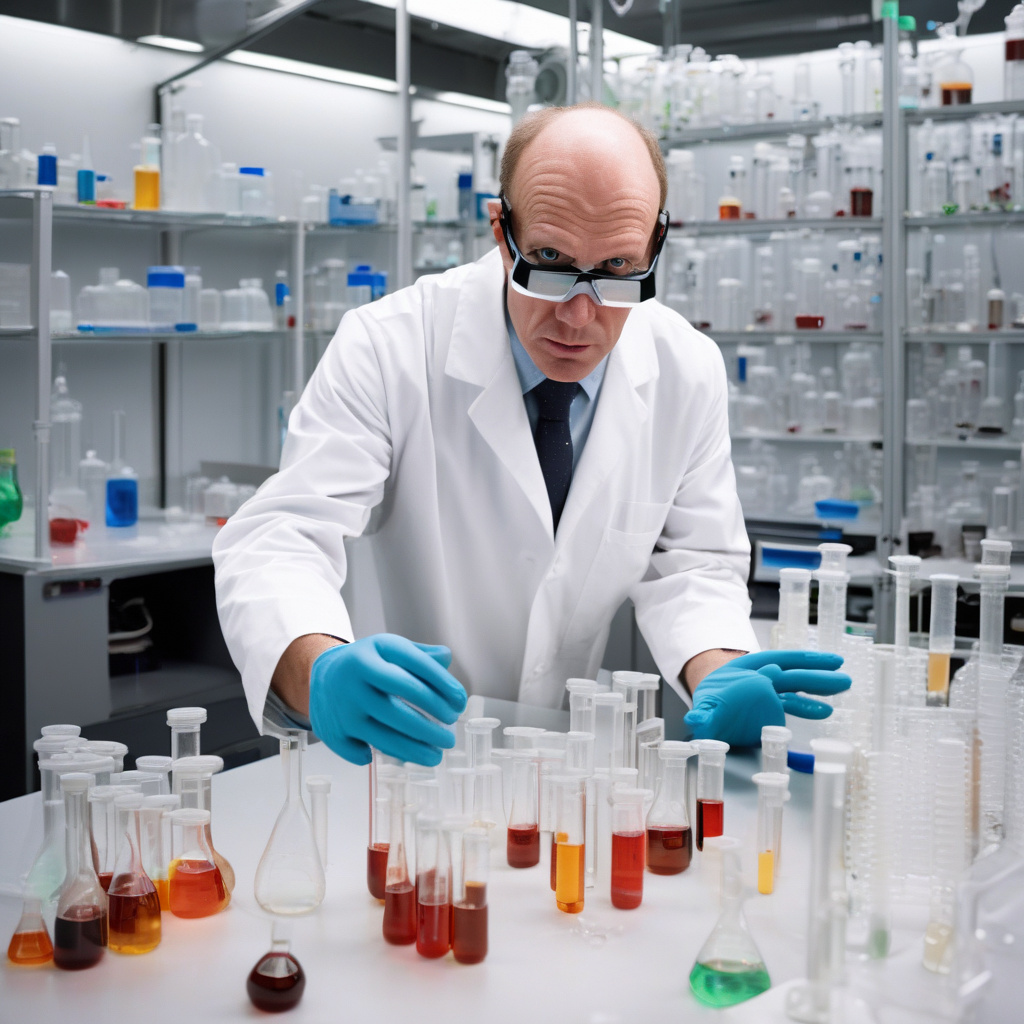Amid mounting plastic waste, a US engineer has developed a single-step method to grow strong, eco-friendly plastic alternatives using bacteria. This groundbreaking innovation has the potential to revolutionize the way we produce everyday items, offering a sustainable solution to the global plastic pollution crisis.
Traditional plastics, derived from fossil fuels, have wreaked havoc on the environment for decades. With their non-biodegradable nature, they persist in the environment for hundreds of years, causing harm to wildlife and ecosystems. As the world grapples with the consequences of plastic pollution, there is an urgent need for innovative alternatives that are both durable and environmentally friendly.
The new method, pioneered by the US engineer, harnesses the power of bacteria to produce biodegradable plastics in a single step. By feeding simple sugars to the bacteria, the process triggers the production of biopolymers that mimic the properties of traditional plastics. These bioplastics are not only biodegradable but also renewable, offering a sustainable alternative to their fossil fuel-based counterparts.
What sets this method apart is its efficiency and simplicity. Unlike traditional methods of bioplastic production that involve multiple steps and complex chemical processes, this single-step approach streamlines the manufacturing process, making it cost-effective and scalable. This means that large-scale production of biodegradable plastics could soon become a reality, paving the way for a greener future.
The implications of this innovation are far-reaching. From packaging materials to consumer goods, the potential applications of biodegradable plastics are vast. Imagine a world where single-use plastics are no longer a threat to the environment but instead contribute to a circular economy where waste is minimized, and resources are reused efficiently.
In addition to addressing the environmental impact of plastic waste, the development of biodegradable plastics also presents economic opportunities. As consumers become more environmentally conscious, the demand for sustainable products is on the rise. Companies that embrace biodegradable plastics stand to gain a competitive edge in the market, appealing to a growing segment of eco-conscious consumers.
Furthermore, the use of bacteria in bioplastic production highlights the potential of bioengineering to drive innovation in the materials industry. By leveraging nature’s own processes, researchers and engineers can develop sustainable solutions that align with the principles of a circular economy. This shift towards bio-based materials signifies a broader trend in the industry towards more sustainable practices.
As we confront the challenges posed by plastic pollution, innovations like the single-step method to grow biodegradable plastics offer a beacon of hope. By combining scientific ingenuity with a commitment to sustainability, we can pave the way for a future where materials are not just durable and functional but also beneficial to the planet. The US engineer’s groundbreaking invention marks a significant step towards that vision, demonstrating the power of innovation to drive positive change.
In conclusion, the development of a single-step method to grow plastic alternatives using bacteria represents a milestone in the journey towards a more sustainable future. By harnessing the potential of biodegradable plastics, we can mitigate the environmental impact of traditional plastics and create a more circular economy. As this innovation gains traction, it has the power to reshape industries and consumer behaviors, ushering in a new era of sustainability.
#biodegradableplastics, #sustainableinnovation, #environmentallyfriendly, #bioplasticproduction, #circulareconomy












